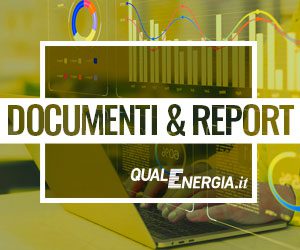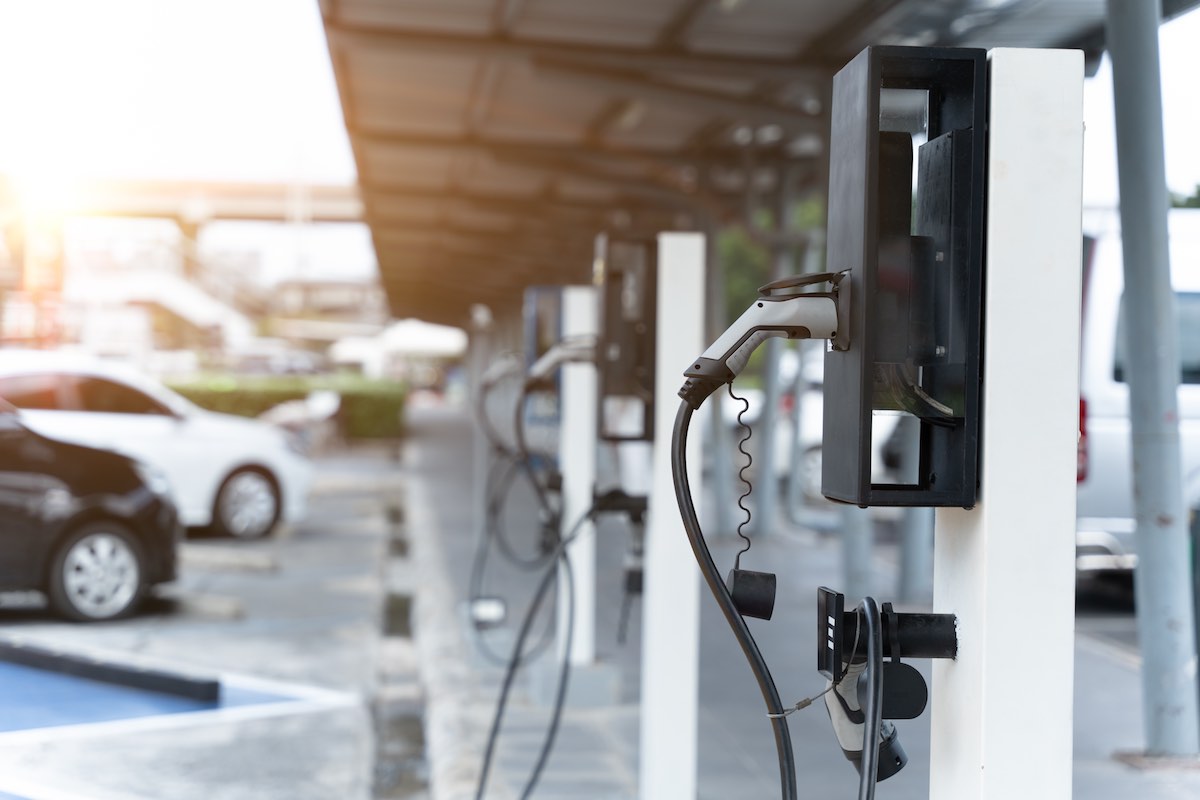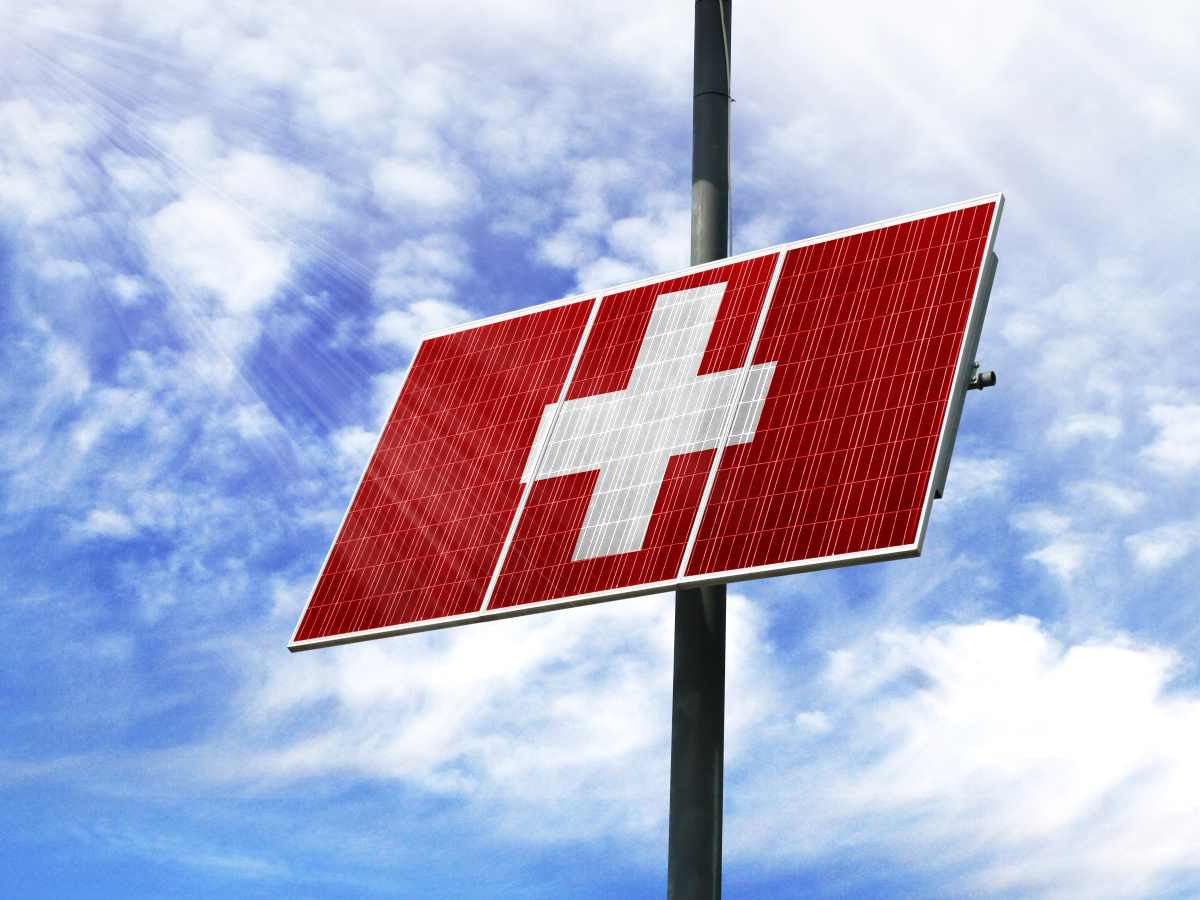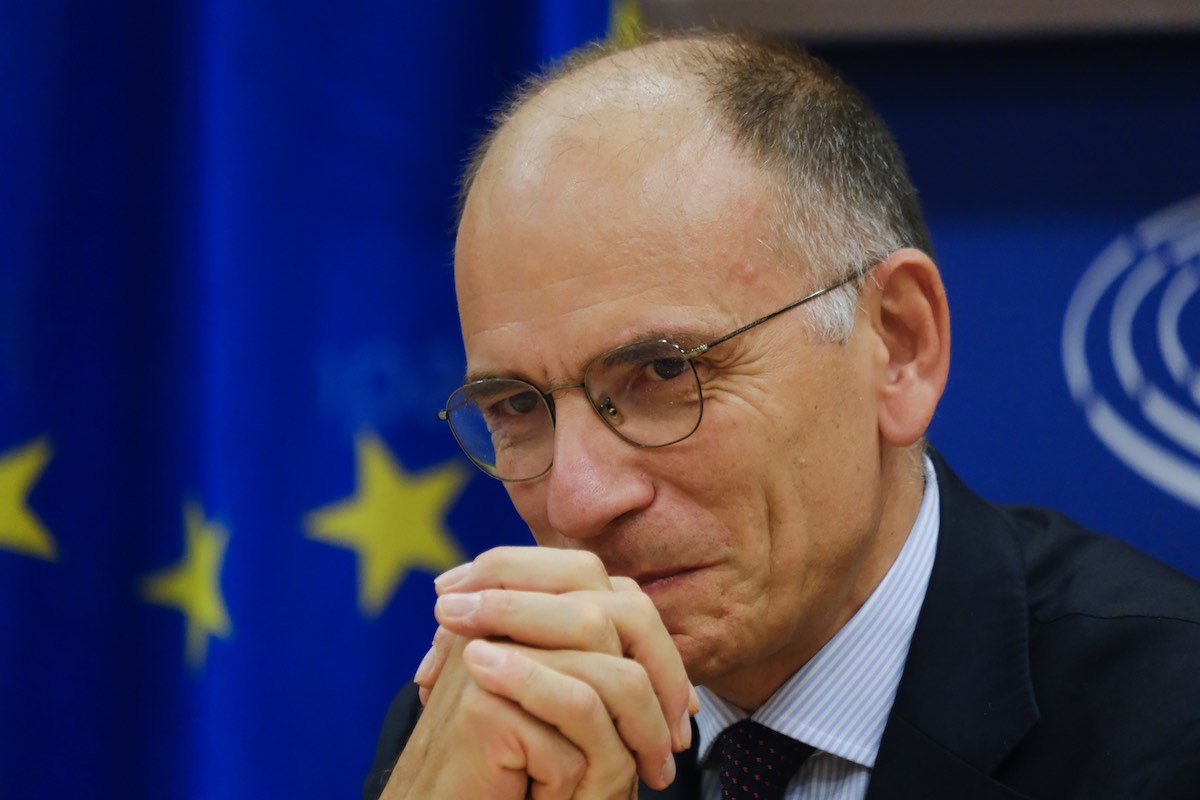
The environmental issues are still pretty much on the agenda. And, of course, the major environmental issue is climate change. The Obama administration is working on many fronts to create a national clean energy economy. We’re Spending over 90 billion dollars for clean energy: is the largest ever US investment on energy. It is part of the stimulus package which in total is 700 billion dollars. We are starting to see the return of those investments.
Moreover, the government itself has very ambitious green house gas emissions target. We have a national target, that we have committed to in Copenhagen, of 17% reduction by 2020 (the year of reference is 2005) but our own governments targets are much higher than that: the government has a whole will reduce its emissions by 28% by 2020 and the Defense department, which is a very big user of energy, will reduce its emission by 34% by 2020. In addition the administration has enacted new fuel efficiency standards.
Therefore there is a future for climate change talks.
With Cancun on our horizon we have to recognize that the Copenhagen accord’s major achievement was that, probably for the first time on a long time, the heads of states had actually personally negotiated an agreement. For the very first time every major economy made commitments to mitigate their green house gas emissions. Plus there was a significant new financing pledge by the developed world for the developing countries. We are committed to keeping up the progress in all these areas regardless in the progress in the Unfccc negotiations. We’re committed to the target of 17% by 2020. We will do that, whether there is an agreement within the Unfccc or not. We have already begun.
Is the USA going to Cancun with the objective of reaching a legally binding target?
We’re still committed to reaching a legally binding agreement in the Unfccc negotiations but if our partners are not prepared for that we’re going to achieve a more balanced set of decisions that fall shorter than legally binding treaty in Cancun.
And are the American citizens prepared for legally binding targets?
In any large democracy there are differing opinions. Some people think we should do more, some people think we should do less. But I think the American people are committed across the board to the idea of resource efficiency, and the idea of keeping our standards of living but find the way to use fewer resources and emit fewer house gases to do that.
But there are people inside the Congress who are denying climate change and advocating that a climate bill would change the US life style. How do you deal with that?
We’re a democracy. Inside our congress all the points of view are represented. But that doesn’t mean that the Congress won’t take action to increase our energy efficiency and security.
After the failure of the climate bill, it’s not anymore possible to create a carbon market. That could discourage all those American companies that started to invest in clean technology, particularly in carbon storage and capture. Aren’t you afraid that they can move to foreign markets?
Let me first say that carbon trade is one way of reducing emissions, not the only one. If carbon trade is not possible for whatever reason that just means we have to find another way to solve the problem. And there are many ways to solve the problem. I think the best way to think of green economy is to think in terms of resource efficiency. I don’t think we should think of green economy as something painful like a bad tasting medicine the doctor is going to give us, something that we have to endure for the sake of the planet. The green economy is actually a profit making venture. And with no need of getting into new technologies. If you’re an existing company with an existing process and you can produce the same product but use fewer resources, less energy, less steel, less wood, you’re making more money. So the fact that the Congress may not have passed a particular piece of legislation doesn’t mean that the green economy is dead. Far from it. There is a very good reason for business and consumers to keep pulling in that direction.
So you think that US can still provide a leadership in green economy?
We are already proving a leadership in green economy and we will continue to do so. The economies have transformed themselves over the decades. We are now moving into a more green economy. There is a famous quote from one time Saudi oil minister who said that the Stone Age didn’t end when the world run out of stones and the oil age will not end when the world will run out of oil. There are changes that are taking place. And other countries are also leading the transformation to green economy. Most of the European countries, Denmark in particular, are kind of model for energy efficiency and use of renewable energy. And China is, perhaps surprisingly, becoming a dominant force in the solar industry.
But in scenery of lack of regulations will the market be capable of making this change happen?
I can’t think at this as an unregulated market. Regulation has a definite place. The market is a tremendous power and it is necessary, in order to make anything happen, that people believe that there is a self interest to do something. And the market purses that energy. But it cannot be totally unregulated. We sow the problems that can develop from unregulation from the recent financial crisis. There is a kind of fine line you have to walk: on the one hand you don’t want over regulated market which would make people just walk into something else. But you don’t want to under regulate it because the market cannot sometimes achieve the results you’re looking for. We need enough regulation to be sure that the market produces the best possible outcome without killing it.
What is the Obama administration position about nuclear power? Do you see it as a part of the emission reduction strategy?
The administration sees nuclear power as part of the solution to reach energy security and face climate change problems. Both of them are very difficult matters and require multiple solutions to address. We do have to increase renewables and energy efficiency. But as part of that solution also nuclear power plays a role. On the climate change front the great advantage of nuclear power is that it doesn’t produce any CO2 emissions. On the energy security front, we do have uranium and the third and fourth generation nuclear power plants are becoming more and more efficient. And we have a highly developed and effective regulatory structure to ensure that the plants are safe and do not create environmental problems.
Are there any power plants under construction at the moment in the United States?
After the Three miles island accident in the United States no more nuclear power plants were constructed for decades. We have made some changes to the law to encourage utilities to apply and construct new power plants. At the moment we have two plants which will operate by 2016 and other eleven on the application process.
After the disaster of the Gulf of Mexico is the policy about new oil drills changed?
The Bp disaster has brought attention to the environmental safety options. But if oil, gas and coal will be part of our consumption for decades and this is a practical matter, it’s not possible to change it fast enough. We need to do our best to develop other source of energy and to make sure that our consumption of gas, oil and coal happens safely. We need regulation. But it’s a complicated process. For instance another option that we are looking very carefully at, at the moment, is shale gas but there are environmental concerns especially about water quality.
You’re in Italy to discuss the Global Bioenergy Partnership which is joined both from USA and Italy. What is it about?
Is an organization formed by G8 in order to promote the use of biofuels especially in the developing world. What is supposed to do is help developing countries to make decisions in respect of biofuels. So for example it is done an analysis that can be used by countries considering biofuels to compare the proposal biofuel to whatever they’re using now. There is also an ongoing work on sustainability indicators.
Biofuels are really controversial and they had a strong environmental impact in some developing countries.
The partnership is intended to help developing countries to make the right decision on biofuel. That doesn’t necessarily mean to develop biofuel. For some countries doesn’t make sense, for some other countries it does make sense. But whatever decision they make, should have the effect of not harming the environment and increasing the wealth of people
Interview by Maurita Cardone





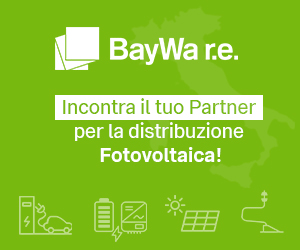


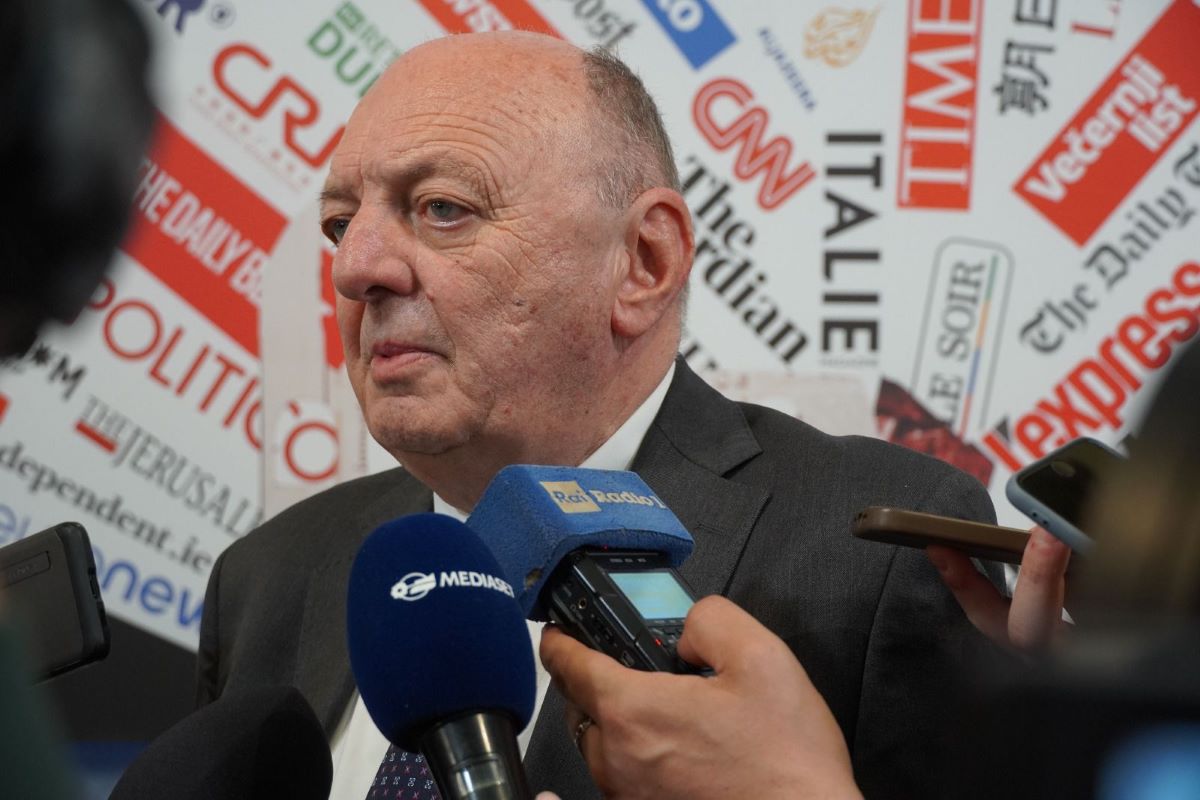

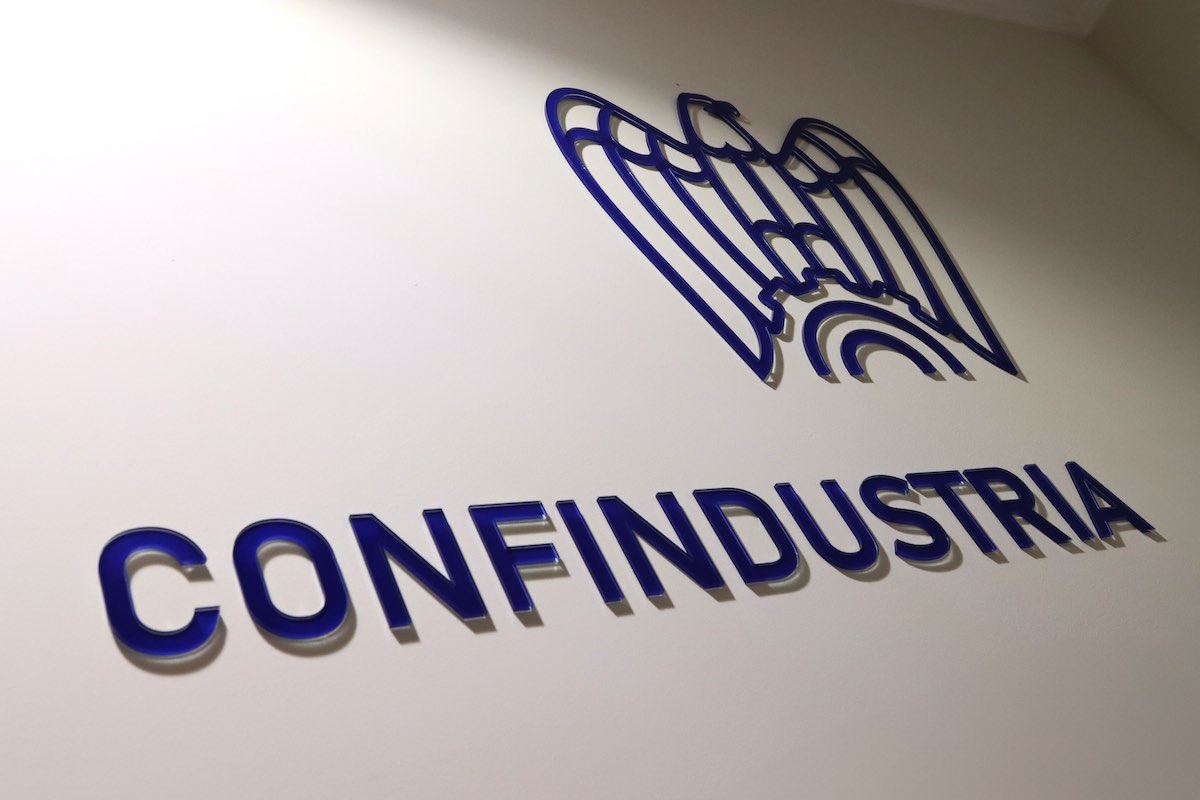
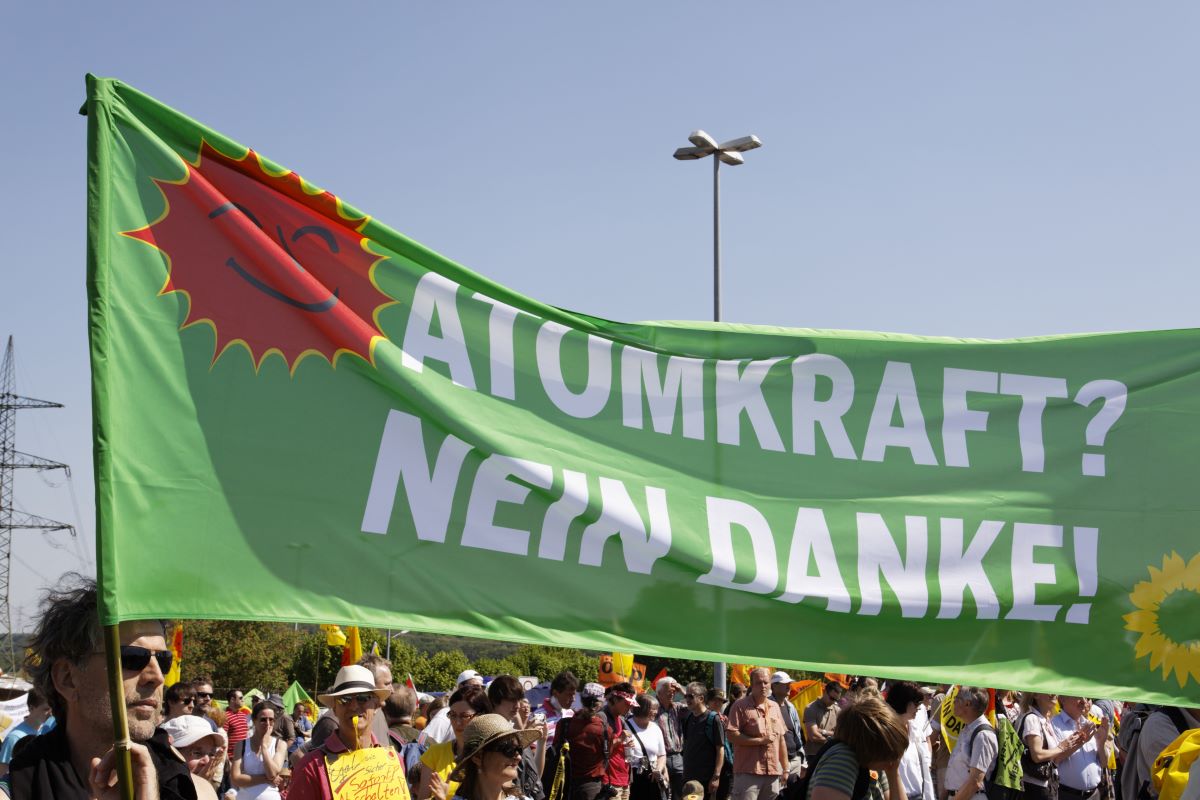
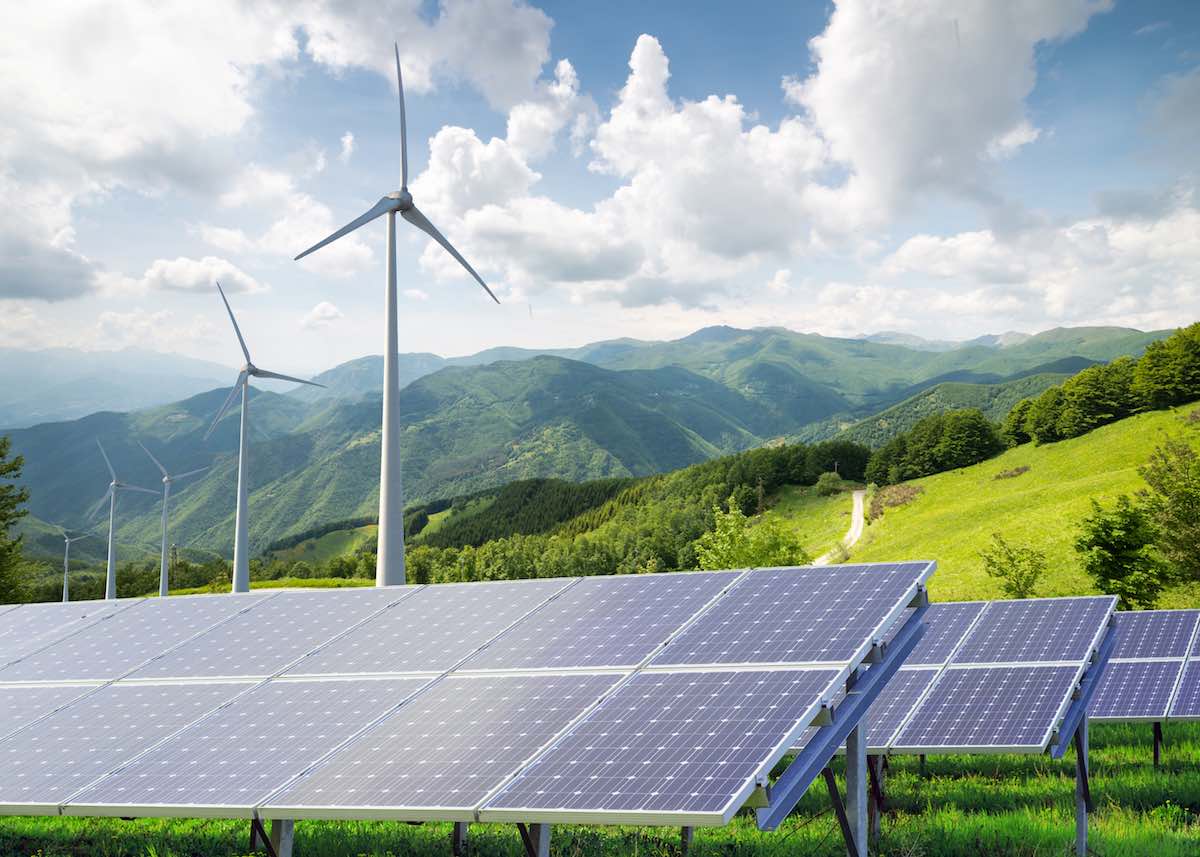




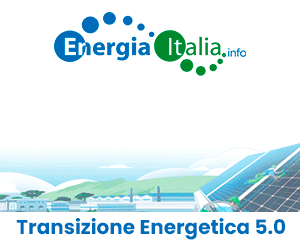







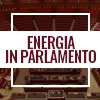
.gif)
